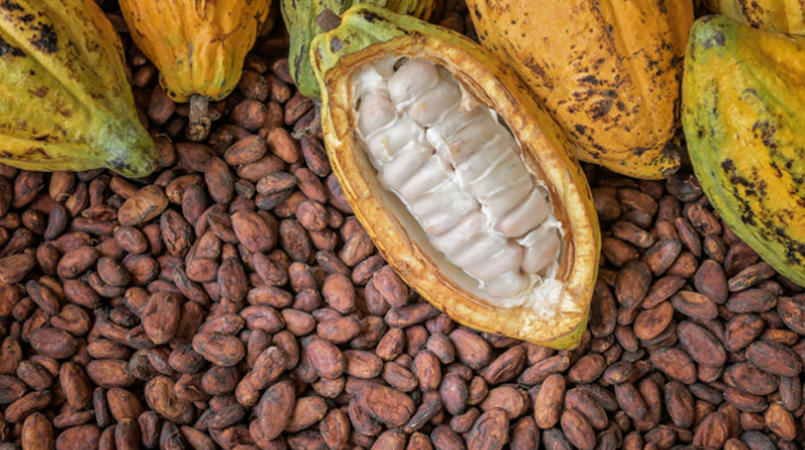
A Memorandum of Understanding has paved the way for the export of quality cocoa to Japan from Pomio, East New Britain Province.
The MOU was signed on September 13th between Elias Kapavore and the United Nations Development Programme.
With the MOU communities who are part of the Tavolo Wildlife Management Area, are now pioneering a new business venture that will see high quality cocoa exported directly to Japan.
Communities in Pomio district produce large amounts of cocoa but are isolated and lack access to transport infrastructure making it difficult to supply their products to international markets.
Kapavore signed the MOU, as Chair of the Pomio District Development Authority, with the UNDP. Along with the Government’s Conservation and Environment Protection Authority, the United Nations will support community’s benefit longer-term from this opportunity.
Under the Memorandum, the United Nations Development Programme will continue to provide technical and business training. This training will aim to improve the supply chain that supports the production and delivery of cocoa to markets in a sustainable way ensuring communities can balance their livelihoods with protecting the natural environment.
Minister Kapavore said, “This work demonstrates the innovation of our communities to look for opportunities. The United Nations Development Program has been a critical partner for us in this work. They have invested heavily in these communities. We hope that we can replicate this with other communities in our Province and even around the country.”
Tracy Vienings, Deputy Representative of United Nations Development Programme added that, “This shows what sustained commitment and investment in communities can produce. The people of Pomio have taken a bold initiative to seek out opportunities. This is a great example of what can be achieved when communities come together.”
Under the MOU, the Pomio District Development Authority will allocate PGK 200,000 for 2018-2019 to support the establishment of a premium cocoa initiative. The District will also bring in technical expertise from other relevant government departments including the Cocoa Board to support and run this as a business cooperative.
The United Nations Development Programme will provide an additional PGK450,000. This funding is made possible with support from the Global Environment Facility.
